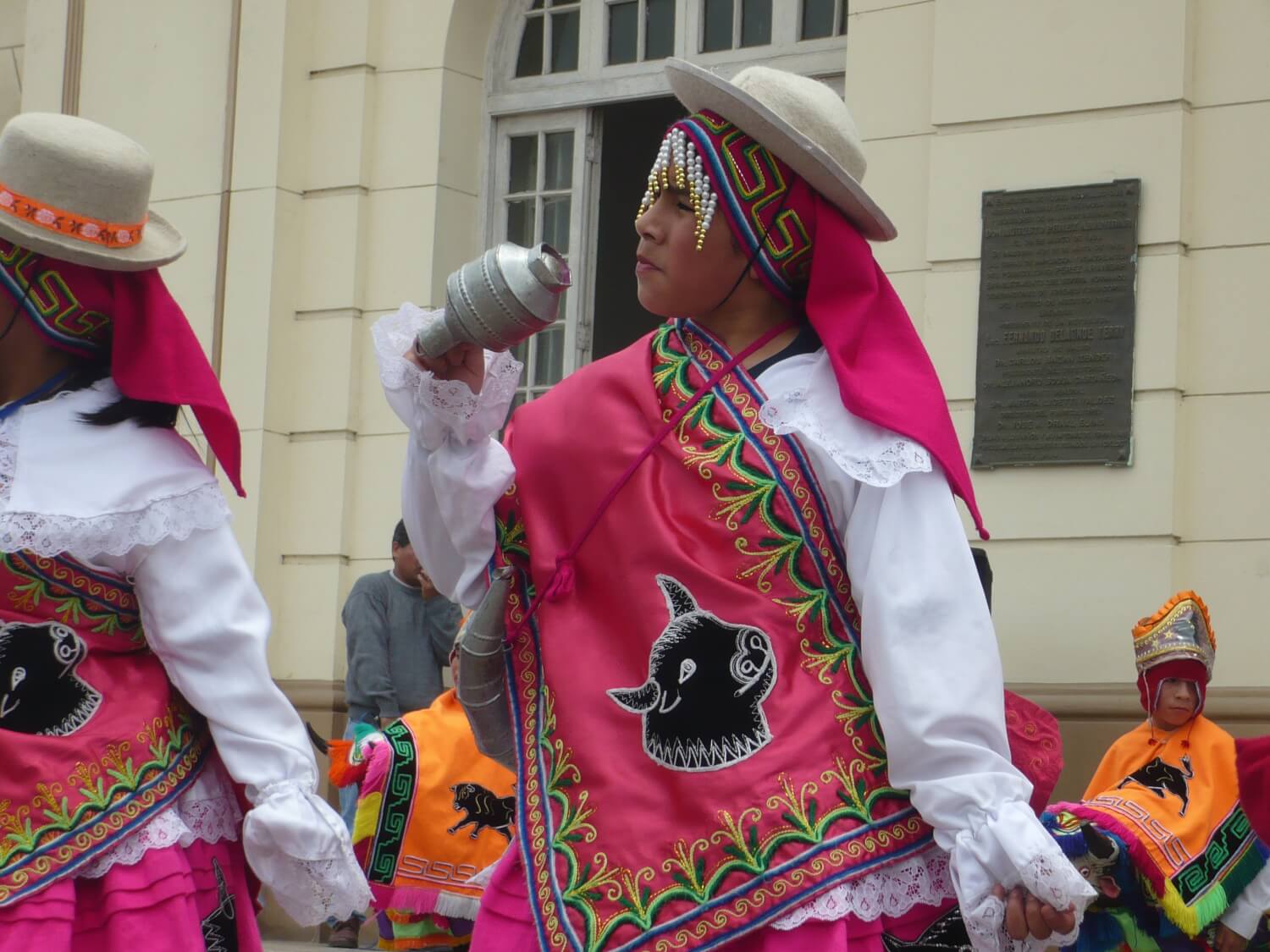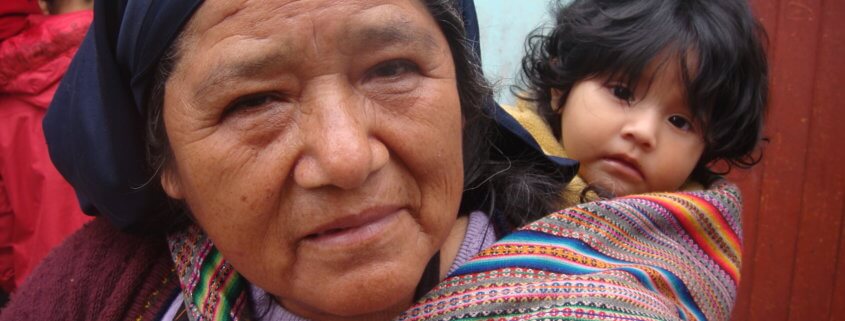Celebrating International Indigenous People’s Day
The UN reports that there are approximately 370 million indigenous people living globally. In communities across more than 90 countries, indigenous peoples play an important role in sustaining culture and heritage, but they continue to face significant challenges.1
Although the United Nations’ Declaration on the Rights of Indigenous Peoples was adopted over a decade ago, in 2007, Indigenous peoples continue to fight for their right to equality and self-determination.
One manifestation of cultural knowledge is language, and this year, on the International Day of the World’s Indigenous Peoples, we celebrate the contribution that indigenous languages make in global communication and collective peace-making.
Across our many communities, we speak an estimated 6,700 languages, the majority of which are used daily by indigenous groups, and while it is important that we find a way to understand one another, the loss that would result from unification under a universal language would be great.2 Indigenous languages carry with them the rich context of history, identity, belonging, and emotional connection of their peoples, and to lose these would mean we collectively lose our ability to share our uniqueness with one another.

Educational attainment and language maintenance have long been at odds with one another, and are an important juncture in the international development industry. How does one ensure every person the right to an equal education without using the same language? The UN asks how we can convert “an instrument of assimilation and integration into a means of self-determination.”3
Their answer is to focus on a rights-based approach and to recognize our individual roles in protecting indigenous communities’ ability to establish educational processes that include the key elements of indigenous heritage.
Global Volunteers’ partnership with indigenous communities requires careful respect of the hosts’ educational and language preferences. All activities are done under the direction of local leadership and hand-in-hand with local peoples, which helps to ensure Global Volunteers supports the agenda of the local community and its efforts to realize community-identified goals.
While navigating the delicate balance between the rights of universal education and the rights of cultural preservation is an ever-present challenge, Global Volunteers adheres strictly to the procedures of partnership when working with indigenous communities and seeks to be an ally in their fight for peace and justice.
- https://www.un.org/development/desa/indigenouspeoples/wp-content/uploads/sites/19/2017/1/State-of-Worlds-Indigenous-Peoples_III_WEB2018.pdf
- https://www.un.org/development/desa/dspd/2019/01/2019-international-year-of-indigenous-languages/
- https://www.un.org/development/desa/indigenouspeoples/wp-content/uploads/sites/19/2017/12/State-of-Worlds-Indigenous-Peoples_III_WEB2018.pdf




Leave a Reply
Want to join the discussion?Feel free to contribute!